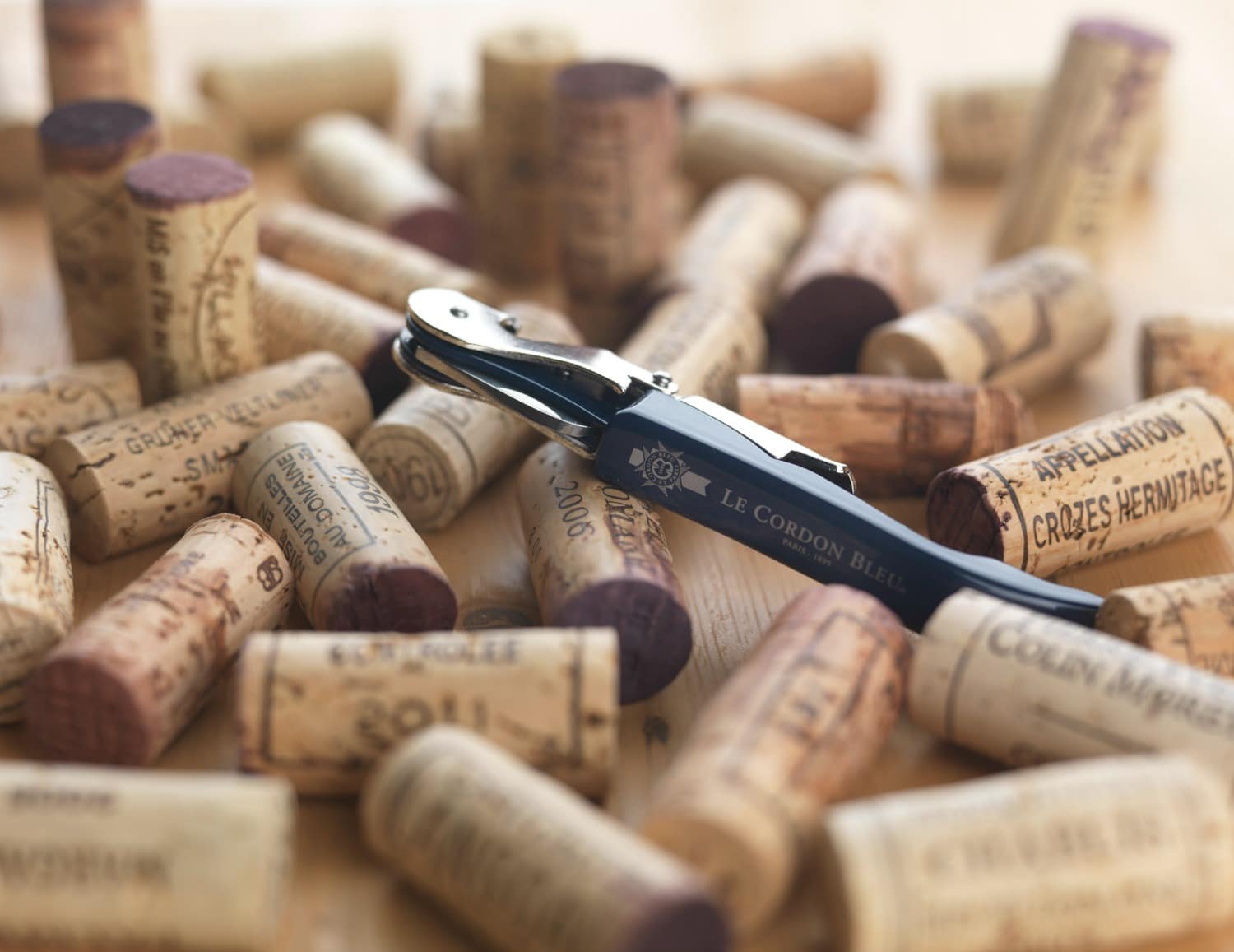We travel for many reasons: to see new sites, meet new people and to experience new cultures. One of the best ways to experience a new culture is through the local food and wine. As a person who loves wine, I’m always keen on trying new varietals in my travels. Sampling local wines connects me to the people and their customs.
The word “sommelier” still sounds a little foreign to us but it has its roots in travel. During the reign of Louis XIV, the sommelier was in charge of the transport of baggage when the court moved. In the household of a great lord, he was responsible for choosing the wines, table settings and desserts. He was also responsible for checking the lord’s wine for poison. If the sommelier died, his Master would then know the wine was tainted.
Today things are a whole lot better for sommeliers. Tasting wine is still a part of the position—but it’s not potentially deadly! Travel is also an important part of a sommelier’s world. To fully experience the tastes of the world, travel is essential.

Introducing Matthieu Longuère
In our inaugural Wine Talk, we introduce you to Matthieu Longuèure. Born in France, Matthieu moved to England after gaining a formal hospitality education. He launched a career that would see him hold senior sommelier positions in some of London’s leading hotels and restaurants. Matthieu has received numerous awards for his work. Most notably, he achieved the Master Sommelier Diploma—the highest achievable status for professional sommeliers. Matthieu is an instructor for Le Cordon Bleu where he shares his knowledge and love of wine with his students. He also suggests they travel as a way to expand on their studies.
How does one embark on a career as a sommelier? What advice do you have for someone considering it?
Becoming a sommelier is a process. It’s not something you learn in a classroom rather you learn through experience. The best way to start is to do an internship. Work in a restaurant or in the hospitality industry where wine plays a role. It’s not necessary to work in a fine establishment. What’s important is learning to engage customers. Those skills can be practiced in a neighborhood restaurant.
Pay attention to the small details in life: smell flowers, notice the tastes and textures of food. Practice to sharpen your skills. Don’t worry about being perfect right away. Explore and don’t be afraid to make a mistake. And when you take a course like the one at Le Cordon Bleu, it’s important to put your studies into practice. Try more wines, travel more to taste wine from all over the world and read about wine. Whatever you study outside of school matters.

Why pursue the course of study at Le Cordon Bleu?
Le Cordon Bleu’s Diploma in Wine, Gastronomy and Management is a practical course that will help you make it in the industry. Le Cordon Bleu helps students realize what they can achieve.
What are the basic tools taught at LCB about viticulture?
The courses are broad-reaching and include distilled spirits, coffee and tea. Students learn about wine production as well as regional flavor profiles. During the six-month course 500 to 600 wines are sampled. Students learn how to blind taste and also about wine pairing. All of these skills are valuable to someone interested in becoming a sommelier.
Can you identify any “career change” subjects or are there any students who took the course solely for pleasure or enlightenment?
We have witnessed a majority of career change students, at least with the students who are based in the UK. A lot of them come from a financial background or decide to switch career paths after finishing at a university. There are some students—mostly from overseas—that come solely to enjoy London! These students don’t typically finish the program. But we do have a three-month certificate designed exactly for them. The three-month program also works for students who cannot commit six months of their life to a course or who want to keep working while doing so. One can actually achieve the Certificate while working full-time.

Why did you choose London to work in the wine industry?
It was an easy choice for me: London is a competitive market which means you can find wines from all over the world. With numerous importers under pressure to stock outstanding quality wines of all types, by default the UK offers the best of each region. London’s also home to some of the best wine writers which means global exposure begins there.
What characteristics do you look for in a wine list?
A wine list should have the right amount of wine for the establishment. It should consider the people’s budgets using local demographics and knowledge of the area. It’s not just about choosing wine you think people should try.
In your opinion, what London restaurant or wine bar has the best wine list?
To me, the best restaurants are the ones with a wine focus. Two of my favorites in London are 10 Cases, and Blandford Comptoir.

What type of wines do you recommend? And what regions are producing exceptional and unique wines?
Wine is personal. I don’t care for wines with too much oak—the senses clog too quickly. I’m also not keen on blousy flavors. I tend to prefer fuller reds and whites and nothing too sweet. My favorite wine is Madeira which is produced on the Portuguese Madeira Islands off the coast of Africa. Canada is producing some great wines, also the Rhône in Germany, Moselle in Germany and France and the Douro Valley from Portugal into Spain.
What is your favorite region to visit for a great wine experience?
For me, the best experience is to go off the beaten track to a vineyard where you can meet the winemakers. Wherever you find yourself in the world, you can find a great wine experience—just ask a wine merchant or sommelier in the area to organize an experience for you. I much prefer this over going to a big, commercially popular vineyard. Remember, wine is personal.
[alert type=white]
Resources:
Le Cordon Bleu London, 15 Bloomsbury Square, Holborn, London WC1A 2LS, UK; Phone: +44 20 7400 3900 www.cordonbleu.edu/london/home/en
10 Cases, Convent Garden, 6 Endell St, London WC2H 9BD, UK; Tel. +44 20 7836 6801 www.10cases.co.uk
Blandford Comptoir, 1 Blandford Street, London, W1U3; Tel. +44 0207 935 4626
www.blandford-comptoir.co.uk
[/alert]

